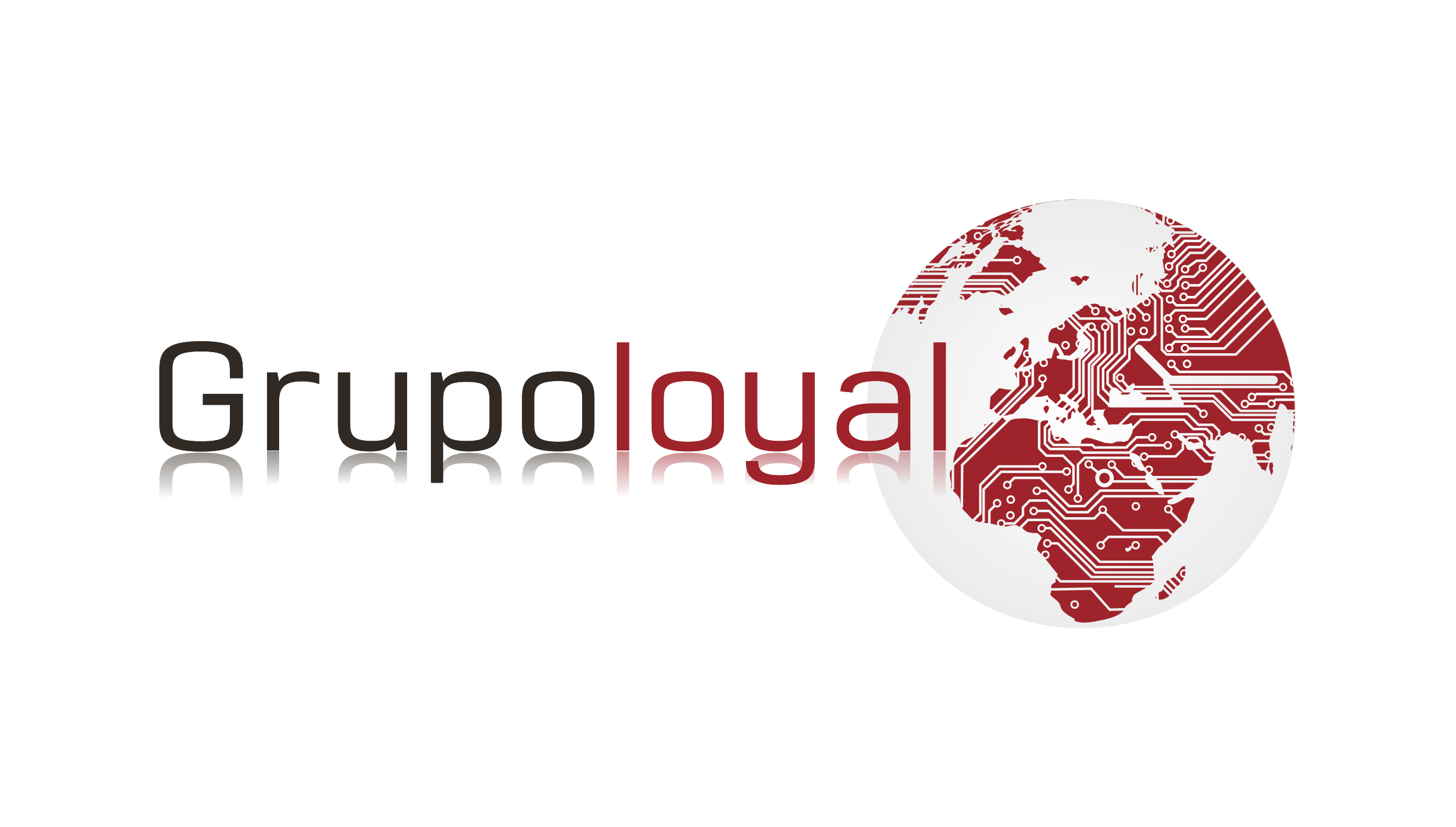
ITIL® Service Capability: Service Offerings & Agreements
The course builds on the principles covered as part of the ITIL Foundation course and is aligned to the 2011 syllabus.
The focus of the course is to gain practical experience planning and executing processes within ITIL service offerings and agreements; the operational-level process activities and supporting methods and execution of these processes in a practical, hands-on learning environment. This course includes lecture, exercises, and scenario-based exam questions to increase your understanding of the core disciplines of ITIL best practices and position you to successfully complete the associated exam.
The main process focus areas of this course include: Business relationship management, Service portfolio management,Financial management for IT services,Demand management,Service catalogue management,Service level management,Supplier management.
Please note: The ITIL Foundation certification is required to take the exam at the end of class. Proof of certification must be provided.
The course is assignment based, with a strong emphasis on practical coursework, working as individuals and in teams

Objetivos
Service lifecycle principals, purpose, and objective
Importance of ITIL service offerings and agreements while providing service
How all processes in ITIL service offerings and agreement interact with other service lifecycle processes
The activities, methods, and functions used in each of the ITIL service offerings and agreement processes
Use the ITIL service offerings and agreement processes, activities, and functions to achieve operational excellence
Measure ITIL service offerings and agreements
Importance of IT security and its contributions to ITIL service offerings and agreements
Technology and implementation considerations surrounding ITIL service offerings and agreements
Challenges, key performance indicators (KPIs), critical success factors (CSFs), and risks associated with ITIL service offerings and agreements

servicios

Disponible en formato e-learning

Disponible en formato presencial

Disponible en formato a distancia


Subvención disponible
A través de Fundae, cumpliendo requisitos.


Duración
25 horas
- Dificultad 50%
- Nivel alcanzado 80%


Dirigido a


Conocimientos requeridos
Temario
Service Offerings and Agreements:
How Service Offerings and Agreements Practices Support the Service Lifecycle#
Purpose, Objectives, Scope, and Value of Strategy Management for IT Services and the Design Coordination Process
Successful Services Depend on the Customer's Perception of Utility and Warranty
Relevance of Business Cases and Return-on-Investment to Service Offerings and Agreements Practices
Business Relationship Management:
Purpose, Objectives, and Scope
Business Value
Policies, Principles, and Basic Concepts
Triggers, Inputs, Outputs, and Process Interfaces
Information Management within the Business Relationship Management Process
CSFs and KPIs
Challenges and Risks
Key Roles and Responsibilities
Service Portfolio Management:
Service Portfolio
Purpose, Objectives, and Scope
Business Value
Policies, Principles, and Basic Concepts
Triggers, Inputs, Outputs, and Process Interfaces
Information Management within the Service Portfolio Management Process
CSFs and KPIs
Challenges and Risks
Key Roles and Responsibilities
Financial Management for IT Services:
Purpose, Objectives, and Scope
Business Value
Policies, Principles, and Basic Concepts
Triggers, Inputs, Outputs, and Process Interfaces
Information Management within the Financial Management for IT Services Process
CSFs and KPIs
Challenges and Risks
Key Roles and Responsibilities
Demand Management:
Importance of Demand Management to Managing Services throughout their Lifecycle
Purpose, Objectives, and Scope
Business Value
Policies, Principles, and Basic Concepts
Triggers, Inputs, Outputs, and Process Interfaces
Information Management within the Demand Management Process
CSFs and KPIs
Challenges and Risks
Key Roles and Responsibilities
Service Catalog Management:
Importance of the Service Catalog to the Service Lifecycle
Purpose, Objectives, and Scope
Business Value
Policies, Principles, and Basic Concepts
Triggers, Inputs, Outputs, and Process Interfaces
Information Management within the Service Catalog Management Process
CSFs and KPIs
Challenges and Risks
Production of a Service Catalog
Key Roles and Responsibilities of Service Catalog Management
Service Level Management:
Importance of Service Level Management to the Service Lifecycle
Purpose, Objectives, and Scope
Business Value
Policies, Principles, and Basic Concepts
Triggers, Inputs, Outputs, and Process Interfaces
Information Management within the Service Level Management Process
CSFs and KPIs
Challenges and Risks
Contents of Service and Operational Level Agreements (SLAs and OLAs)
Key Roles and Responsibilities
Supplier Management:
Purpose, Objectives, and Scope
Business Value
Policies, Principles, and Basic Concepts
Triggers, Inputs, Outputs, and Process Interfaces
Information Management within the Supplier Management Process
CSFs and KPIs
Challenges and Risks
Key Roles and Responsibilities
Technology and Implementation Considerations:
Generic Requirements for Service Management Technologies
Evaluation Criteria for Technology and Tooling for Process Implementation
Good Procedures for Practice and Process Implementation
Challenges, CSFs, and Risks Related to Implementing Practices and Processes
How to Plan and Implement Service Management Technologies

Comentarios recientes